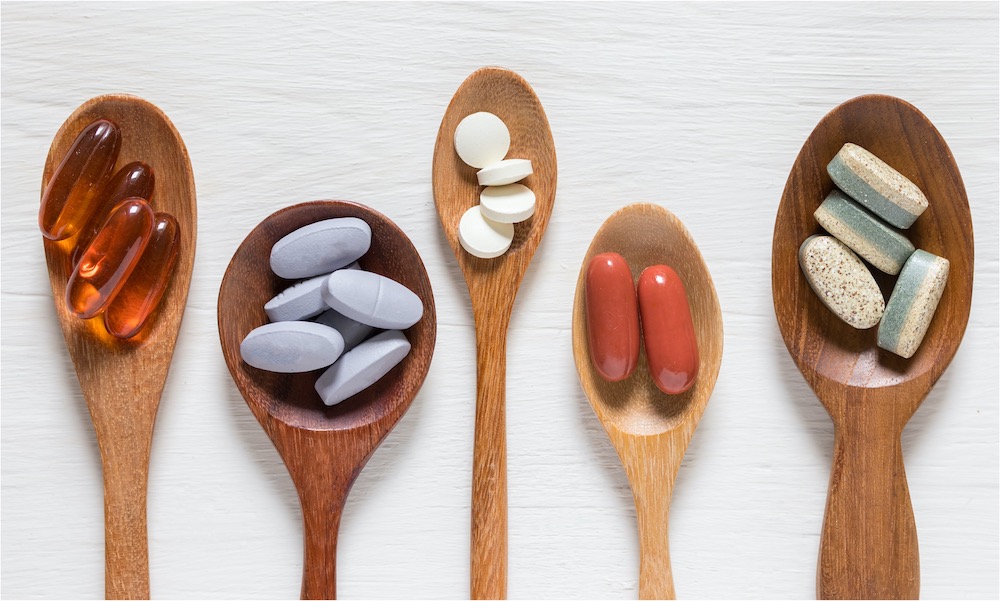
綜合維他命怎麼吃?每日攝取量多少有?功效和好處一次說明
2024.05.07

2024最新13款葉黃素推薦品牌,專家挑選護眼保健品4大重點!
2024.05.06

鼻子過敏吃益生菌真的有用嗎?鼻過敏該挑選益生菌原則、功效、迷思破解
2024.05.03
色胺酸是什麼?專家說明色胺酸功效、副作用、含色胺酸食物
2024.01.23
維生素B12是什麼?B12的4大功效(原來缺少這麼嚴重!)
2023.04.24
DHA魚油是什麼?EPA魚油又是什麼?不同比例有不同的功效!
2024.01.18
菊苣纖維(菊糖)的5種功效和副作用(第5點現代人都要注意)
2019.06.19
PS磷脂醯絲胺酸6大功效!專家介紹副作用、攝取量、怎麼吃!
2023.06.05
【2024最新】10款市售魚油推薦品牌,魚油推薦挑選5大要點!
2024.04.02
熱門文章

色胺酸是什麼?專家說明色胺酸功效、副作用、含色胺酸食物
2024.01.23
.001.jpeg)
維生素B12是什麼?B12的4大功效(原來缺少這麼嚴重!)
2023.04.24

DHA魚油是什麼?EPA魚油又是什麼?不同比例有不同的功效!
2024.01.18
